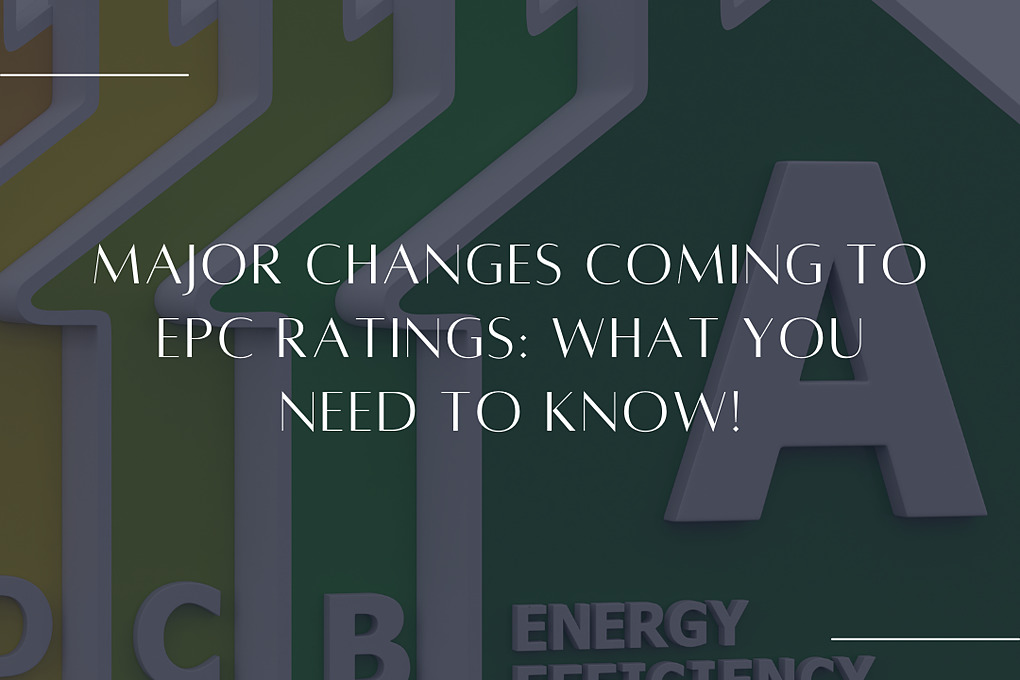Major Changes Coming to EPC Ratings: What You Need to Know

- Oct 3rd 2023
Energy Performance Certificates (EPCs) play a crucial role in property transactions, whether you're renting or selling. The government's talk of further EPC rating changes has sparked discussions across the nation.
The Journey So Far
EPC certificates were introduced back in 2007 to shed light on a property's energy efficiency. This transparency was aimed at benefiting both tenants and buyers while encouraging energy-efficient housing in the UK.
In 2018, new EPC rating rules were enforced, setting specific energy efficiency standards for privately rented properties in England. These changes, while significant, came with a hefty price tag for many landlords.
Understanding EPC Ratings
An EPC, or Energy Performance Certificate, provides a detailed report on a property's energy efficiency. These reports are compiled by accredited domestic energy assessors using a Standard Assessment Procedure.
They evaluate aspects like insulation, drafts, heating systems, and lighting. Properties are then rated from A (most efficient) to G (least efficient).
EPC certificates are valid for ten years, and you can easily check yours by searching the EPC register online.
Challenges and Concerns
Not everyone is convinced that EPCs are the perfect solution. In 2020, the energy sector criticised them as "not fit for purpose." Some argued that they focused too much on cost efficiency, overlooking environmental impact.
A mere 3% of respondents in a UK government call for evidence believed that EPC ratings were adequate. This led to actions to improve EPC meanings, culminating in the introduction of SAP 10.2 in July 2022, rectifying energy efficiency ratings.
However, concerns persist. Some reports highlight significant variations in scores for similar properties, indicating potential flaws in the assessment system.
Impact on Landlords
In 2018, legislation required newly let rental properties to have a minimum EPC rating of E, extended to all pre-existing tenancies in April 2020. Landlords now face fines of up to £5,000 per property if they don't meet this standard.
Looking ahead, the government plans to raise the minimum EPC rating to C. This will apply to new rentals from 2025 and existing agreements from 2028. The investment required for an exemption could rise to £10,000, with potential fines of up to £30,000 for non-compliance.
Challenges Ahead
Many property owners, particularly those with older homes, face substantial hurdles in meeting these new standards. A significant portion of the UK's housing stock dates back to the early 20th century, making it costly and complex to achieve modern energy efficiency levels.
Concerns loom large amongst landlords, with uncertainty about whether properties can meet government targets. Some might even contemplate selling their properties due to the demands of the new EPC tests.
If you're considering selling a property quickly in this changing landscape, our experts are here to assist you. Call us on 0116 266 9977 and speak with one of our property experts today.








